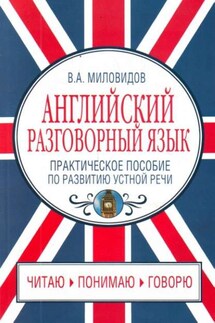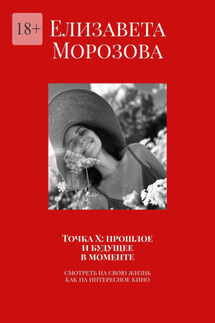Английский разговорный язык. Практическое пособие по развитию устной речи - страница 19
So, the neoclassical theories take economic agents into consideration. These agents optimize their gains against all relevant constraints. In this context value results from the collision of unlimited desires with constraints, or scarcity. The decision problems are reconciled in markets, prices being the signals whether the conflicting desires can be reconciled.
At some price of refrigerators, for example, I want to buy a new refrigerator. At that same price others may also want to buy refrigerators. But producers may not want to manufacture as many refrigerators as all buyers want. So, this may lead us to «bid up» the price of refrigerators, ousting out some buyers and encouraging some producers to produce more of the product we want. The price changing, the imbalance between buy orders and sell orders is reduced. This is how optimization under constraint and market interdependence lead to an economic equilibrium. This is the neoclassical outlook.
accept – принимать
breakthrough – прорыв, открытие
collision – столкновение
constraint – ограничение, сдерживающий фактор
desire – желание
equilibrium – равновесие
framework – конструкция, структура
gain – приобретение; приобретать
gradually – постепенно
imbalance – дисбаланс
interdependence – взаимозависимость
involve – включать в себя, вовлекать, втягивать
leisure – досуг, отдых
margin – предел, маржа
marginal – предельный, маргинальный
maximize – увеличивать
neoclassical – неоклассический
optimize – оптимизировать
outlook – взгляд, мировоззрение
property – свойство, качество
reconcile – примирять
relevant – соответствующий, соотносимый
scarcity – недостаток
signal – сигнал
substitute – заменять, подменять
tend – стремиться, следовать тенденции, устанавливать тенденцию
utility – полезность, практичность, выгодность
value theory – теория стоимости
two-fold – двусторонний
came to be called – стал называться
Marginal Revolution – Маржиналистская Революция (маржинализм – теория предельной полезности и производительности)
extra unit – дополнительная единица (продукции)
give up – оставлять, бросать
take into consideration – принимать во внимание
economic agents – участники экономической жизни, экономических процессов
in this context – в данном контексте
bid up – набавлять цену
oust out – вытеснять
buy order – заказ на продажу
sell order – заказ на покупку
Exercise 9
Answer the questions:
1. What view did the economists in the XIXth century accept?
2. What did the value of a product depend on, in accord with the classical value theory?
3. How were products distributed, according to this theory?
4. Whose ideas did the classical theory have roots in?
5. Why didn't the classical theory work in practice?
6. What theories were the classical theories substituted by?
7. What is value, in the neoclassical view?
8. Where do buyers and sellers make their choices, according to the neoclassical view?
9. What is «utility», in the neoclassical sense of the word?
10. Who do neoclassical theories take into consideration?
Rational Expectations Theory
The theory of rational expectations is based on the assumption that in many economic situations the outcome depends partly upon what people expect to happen. The value of a currency, for example, depends to a great extent on what people expect that currency's rate of depreciation to be. That is because people hurry to give up a currency that they expect to lose value, thereby contributing to its depreciation. In the same way, the price of shares depends partly on what the shares' buyers and sellers believe it to be in the future.


